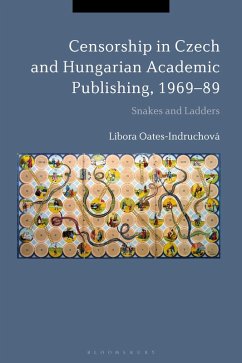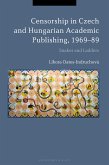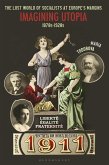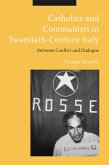How did writers convey ideas under the politically repressive conditions of state socialism? Did the perennial strategies to outwit the censors foster creativity or did unintentional self-censorship lead to the detriment of thought? Drawing on oral history and primary source material from the Editorial Board of the Czechoslovak Academy of Sciences and state science policy documents, Libora Oates-Indruchová explores to what extent scholarly publishing in state-socialist Czechoslovakia and Hungary was affected by censorship and how writers responded to intellectual un-freedom.
Divided into four main parts looking at the institutional context of censorship, the full trajectory of a manuscript from idea to publication, the author and their relationship to the text and language, this book provides a fascinating insight into the ambivalent beneficial and detrimental effects of censorship on scholarly work from the Prague Spring of 1968 to the Velvet Revolution of 1989.
Censorship in Czech and Hungarian Academic Publishing, 1969-89 also brings the historical censorship of state-socialism into the present, reflecting on the cultural significance of scholarly publishing in the light of current debates on the neoliberal academia and the future of the humanities.
Divided into four main parts looking at the institutional context of censorship, the full trajectory of a manuscript from idea to publication, the author and their relationship to the text and language, this book provides a fascinating insight into the ambivalent beneficial and detrimental effects of censorship on scholarly work from the Prague Spring of 1968 to the Velvet Revolution of 1989.
Censorship in Czech and Hungarian Academic Publishing, 1969-89 also brings the historical censorship of state-socialism into the present, reflecting on the cultural significance of scholarly publishing in the light of current debates on the neoliberal academia and the future of the humanities.









